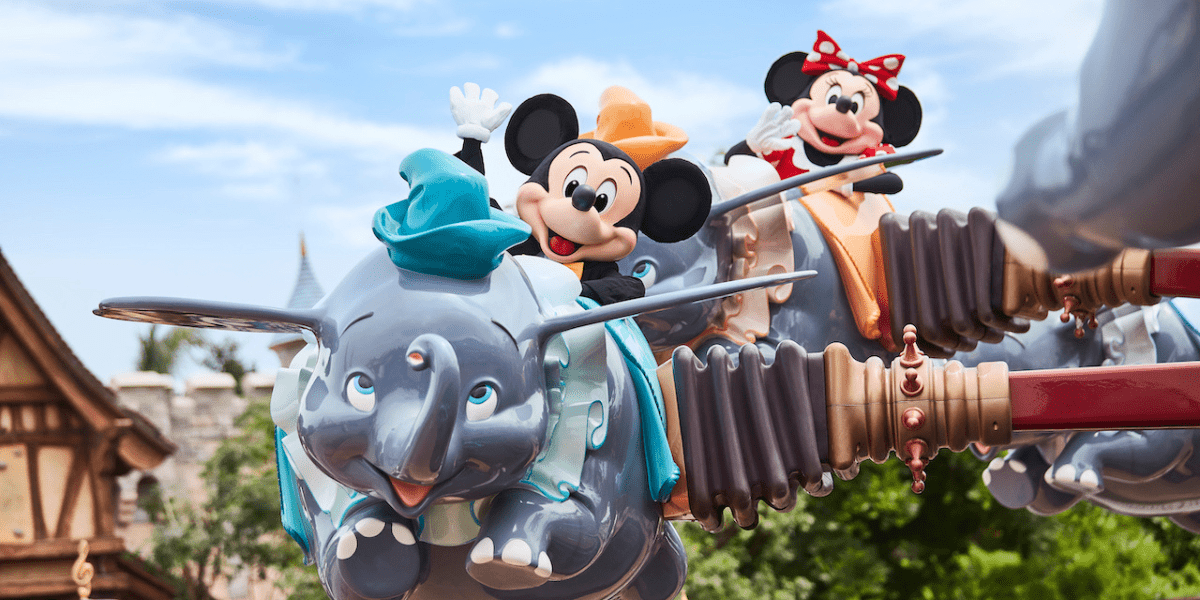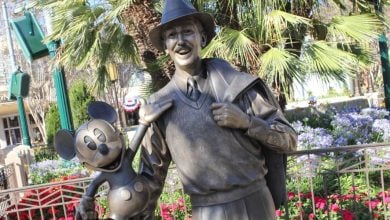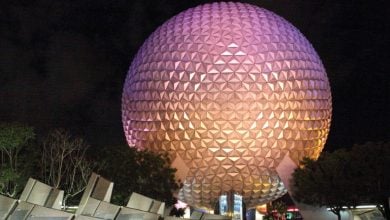Disney Parks Exploring Comeback for Pre-COVID Annual Pass
The familiar rhythm of Disney theme park life has been reshaped since the pandemic. Free FastPasses were replaced with paid systems, Magical Express service vanished in Florida, and annual passes became an increasingly fraught subject across Disney resorts. What once guaranteed flexibility and near-limitless access is now a patchwork of restrictions and reservation rules.
For many fans, annual passes symbolized loyalty—an invitation to treat Disney parks as a second home. Before 2020, Disney diehards could slip into their favorite park for dinner, a fireworks show, or even a quick ride on Pirates of the Caribbean without worrying about ticket costs. That culture shifted dramatically when the pandemic forced Disney to pause sales worldwide.

Even after parks reopened, Disney made clear that old models were gone. At Disneyland Resort, “Magic Keys” replaced the classic annual pass, offering multiple tiers but still limiting access. Reservation systems became mandatory, and even the most expensive Magic Key required careful planning, with in-demand days snapped up quickly. For many guests, it meant passes no longer guaranteed spontaneity—the very feature that had once made them so valuable.
Annual Pass Changes Undergo Overhaul Post-COVID
At Disneyland, the Magic Key program is structured into four levels—Inspire, Believe, Enchant, and Imagine. Prices rise with fewer blockout dates, but even the Inspire Key, the priciest option, does not grant year-round entry. Passholders must reserve days through Disney’s online system, often finding that popular dates disappear quickly, leaving them locked out despite having paid top-tier rates.
In Florida, Walt Disney World’s system functions slightly differently. Four tiers of annual passes exist, but only Florida residents are eligible for the most affordable ones. The highest level, the Incredi-Pass, is available to all but comes at a steep cost. Reservation requirements also remain in place, though Disney has introduced “Good To Go” days, where reservations aren’t needed, and loosened rules for post-2 p.m. entry. Even so, Saturdays and Sundays at Magic Kingdom remain blocked out without advance booking.

The changes have left many Walt Disney World passholders frustrated. For years, annual passes allowed locals and frequent travelers to wander in at will, whether for a few rides, a seasonal festival, or a nighttime spectacular. Now, even with rising costs, the ease and flexibility of the old system feel diminished.
Those frustrations, however, pale in comparison to the situation across the Pacific. Guests at Tokyo Disney Resort have had no annual pass option at all since 2020.
Tokyo Disneyland and Tokyo DisneySea, both operated by The Oriental Land Company under license from Disney, continue to sell only one-day tickets. Multi-day passes appear sporadically, leaving fans with little choice but to purchase individual tickets each visit.

Attractions such as Pooh’s Hunny Hunt, Splash Mountain, or the headline-grabbing new (or new-ish) Fantasy Springs at Tokyo DisneySea remain off-limits to spontaneous repeat visits unless guests are willing to pay every time.
The Question of Capacity
Tokyo Disney’s pricing has long been considered generous by international standards. One-day tickets currently start at 7,900 yen, about $53—significantly lower than ticket prices at Walt Disney World or Disneyland Resort. The Oriental Land Company has even discussed lowering ticket prices further in an effort to bring in more visitors. Still, for fans who once relied on annual passes, the cumulative cost of one-day tickets adds up quickly.
The absence of annual passes isn’t merely a pricing issue—it’s a matter of park capacity. During the pandemic, OLC deliberately reduced daily attendance caps. That decision remains in place today, with the company prioritizing higher quality experiences over maximum visitor volume.

Earlier this year, OLC president Wataru Takahashi addressed the issue directly, noting that the company is still evaluating how best to reengage its most dedicated fans. He explained that “we cannot decide (at this point) to restart” the annual pass system.
Despite blockbuster openings—Fantasy Springs debuted in 2024 with new attractions like Rapunzel’s Lantern Festival, Peter Pan’s Never Land Adventure, Anna & Elsa’s Frozen Journey, and Fairy Tinker Bell’s Busy Buggies—reports suggest Tokyo Disney attendance has been softer than expected. Coupled with classic fan-favorites like Enchanted Tale of Beauty and the Beast, demand should be high. Yet the lack of repeat visitation from loyal locals may be a contributing factor to the downturn.

For now, fans must rely on single-day admissions, even as whispers about an eventual return to unlimited access grow louder. Whether the solution is a new pass system, a modified reservation model, or simply reduced prices, the debate reflects a larger shift in Disney’s global strategy—where loyalty, affordability, and access continue to collide.
Do you miss Disney’s pre-COVID annual passes?





